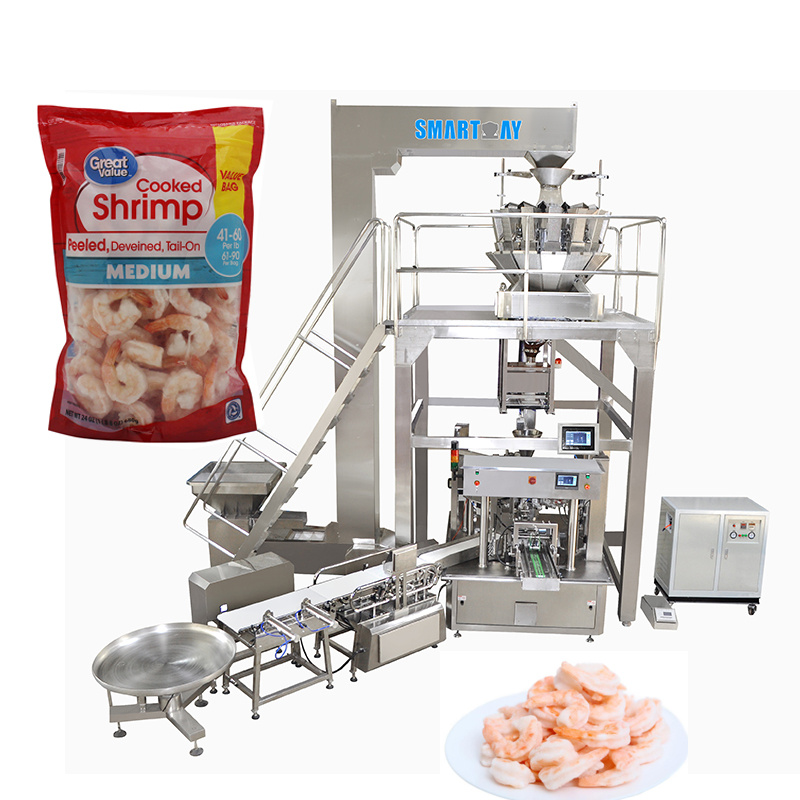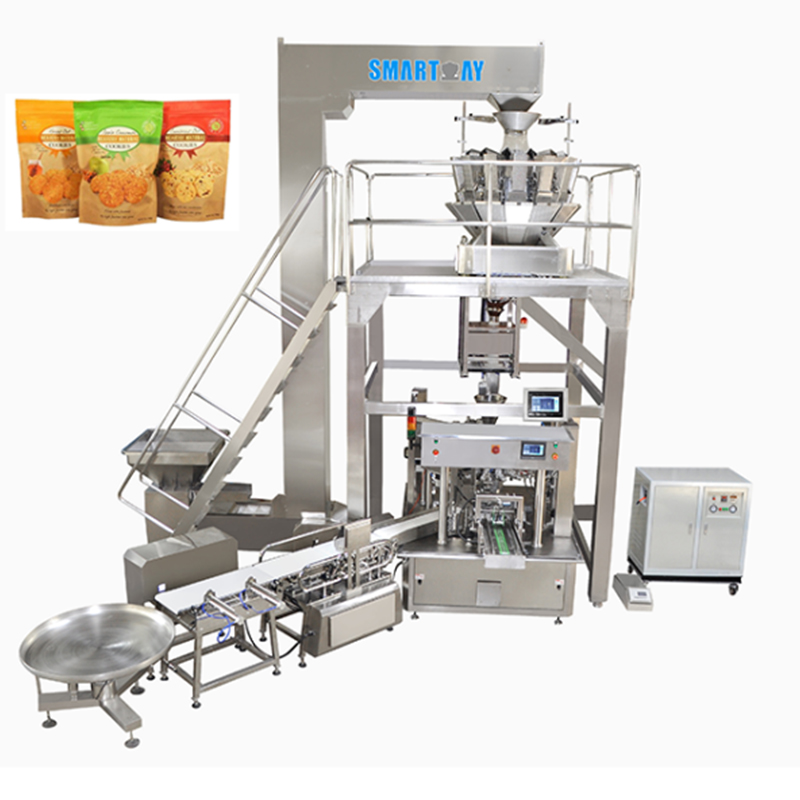8 Benefits That Food Firms Can Get with the Usage of Multihead Weigher
The food industry is a massive and ever-growing sector of the global economy. With an annual production value of over $5 trillion, it is responsible for the livelihoods of millions of people all around the world. And as this industry has grown, so too has the demand for more efficient and accurate methods of measuring and weighing food products. In response to this demand, a wide variety of weight-measuring devices have been developed, each with its own unique advantages and disadvantages.
One such device is the multihead weighed, which has become increasingly popular in recent years due to its many benefits. Here are 8 benefits that food firms can get with the usage of multihead weighers:
1. Increased accuracy and precision
One of the biggest advantages of using a multihead weigher is the increased accuracy and precision that it offers. This is because each head of the weigher is individually calibrated to ensure that it is as accurate as possible. As a result, there is less chance for error when weighing food products.
Suppose you are packing 10kg of rice into bags. If you were to use a standard scale, there is a chance that the weight of the rice in each bag would vary slightly. But if you were to use a multihead weighed, the chances of this happening are much lower because each head is individually calibrated. This means that you can be sure that the weight of the rice in each bag is exactly 10kg.
2. Increased speed
Another big advantage of using a multihead weigher is the increased speed with which it can weigh food products. This is because the weigher can weigh multiple items at the same time, which greatly reduces the amount of time needed to complete the weighing process.
For instance, if you were to weigh 1,000 bags of rice using a standard scale, it would take a very long time to complete the process. But if you were to use a multihead weighed, the process would be much faster because the weigher can weigh multiple items at the same time. This is a huge advantage for food firms that need to weigh large quantities of food products on a regular basis.
3. Increased efficiency
Since a multihead weigher can weigh multiple items at the same time, it is also much more efficient than a standard scale. This is because it reduces the amount of time needed to complete the weighing process, which in turn increases the overall efficiency of the food firm.
During busy periods, every minute counts and any time that can be saved is crucial. By using a multihead weighed, food firms can save a significant amount of time, which can be used to increase production or to improve other aspects of the business.
4. Reduced labor costs
When a food firm uses a multihead weighed, it also reduces the amount of labor that is required to complete the weighing process. This is because the weigher can weigh multiple items at the same time, which means that fewer workers are needed to complete the task.
As a result, labor costs are reduced, which can lead to significant savings for the food firm. This is a particularly important benefit for small and medium-sized firms that often have limited budgets.
5. Increased flexibility
Another big advantage of using a multihead weigher is the increased flexibility that it offers. This is because the weigher can be used to weigh a wide variety of items, which gives the firm a lot of flexibility when it comes to production.
For instance, if a food firm wants to start packing a new product, it can simply add the appropriate weight heads to the weigher and start production immediately. This is much easier and faster than having to purchase new scales for each new product.
6. Improved safety
Another big advantage of using a multihead weigher is the improved safety that it offers. This is because the weigher is designed to weigh items accurately and precisely, which reduces the likelihood of accidents.
When workers are handling large quantities of food products, there is always a risk of injury. But when a multihead weigher is used, the risk is greatly reduced because the chances of error are much lower. This is a big advantage for food firms that want to improve safety in the workplace.
7. Enhanced customer satisfaction
When a food firm uses a multihead weighed, it also enhances customer satisfaction. This is because the weigher ensures that the products are weighed accurately and precisely, which means that customers can be sure that they are getting what they paid for.
In addition, the increased speed and efficiency of the weigher also leads to shorter waiting times for customers. This is a big advantage for firms that want to improve their customer service.
8. Increased profits
Last but not least, using a multihead weigher also leads to increased profits. This is because the weigher saves the firm time and money, which can be reinvested into other areas of the business.
As a result, the firm can become more efficient and productive, which leads to higher profits. This is a big advantage for any firm that wants to improve its bottom line.
Multihead weighers manufacturers offer a wide range of benefits for food firms. By using a multihead weighed, firms can save time, money, and labor costs. In addition, the weigher also enhances customer satisfaction and leads to increased profits.

Smart Weigh is a global leader in high-precision weighing and integrated packaging systems, trusted by 1,000+ customers and 2,000+ packing lines worldwide. With local support in Indonesia, Europe, USA and UAE, we deliver turnkey packaging line solutions from feeding to palletizing.
Quick Link
Packing Machine










































































































